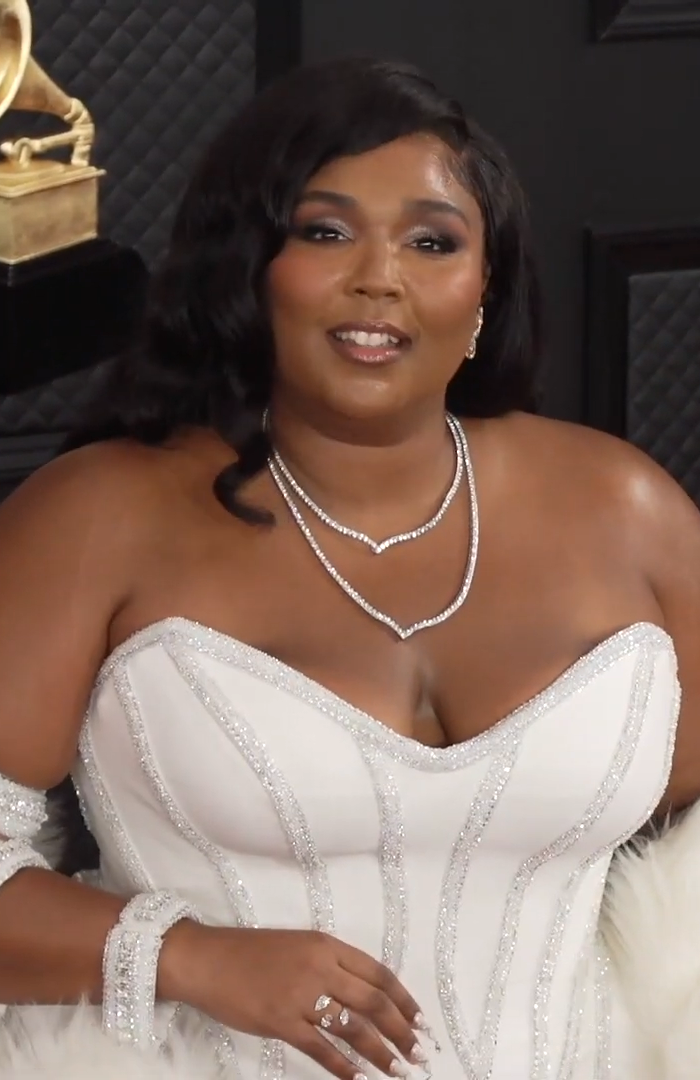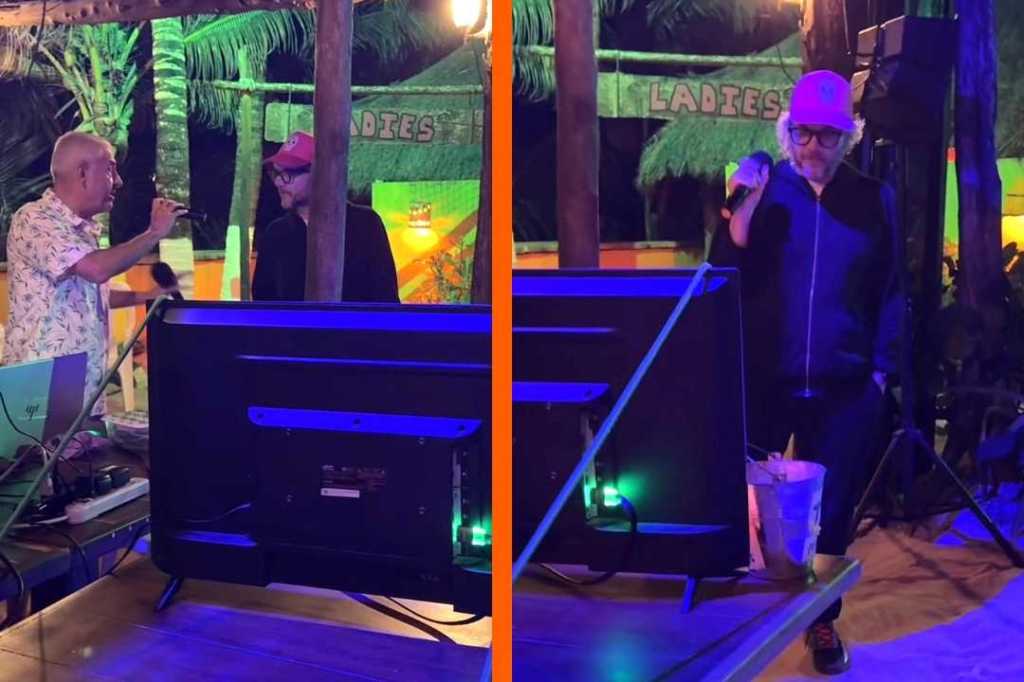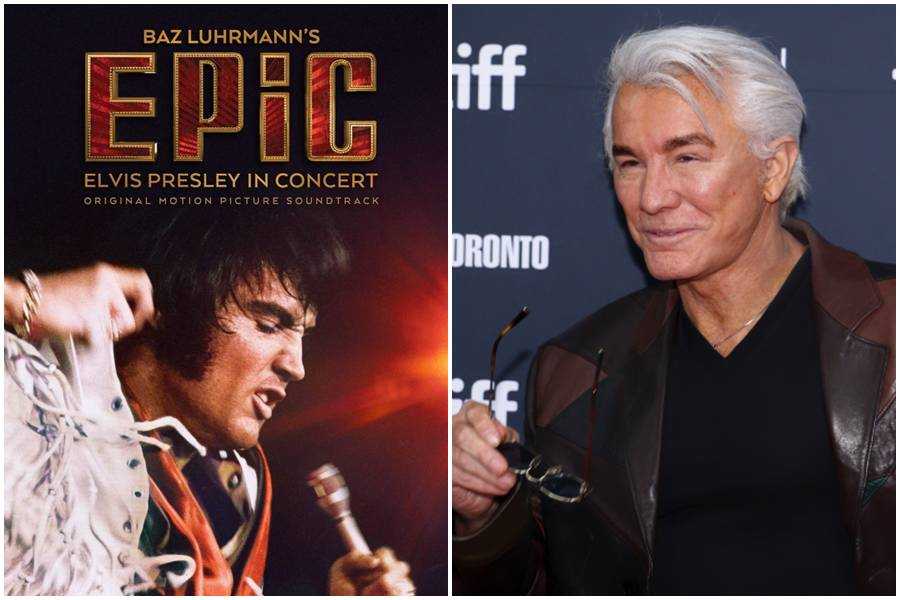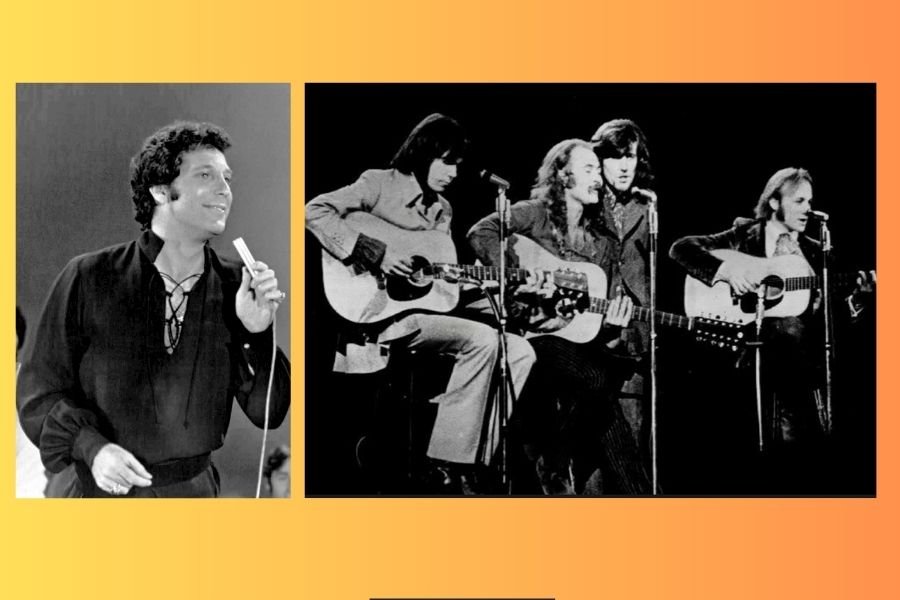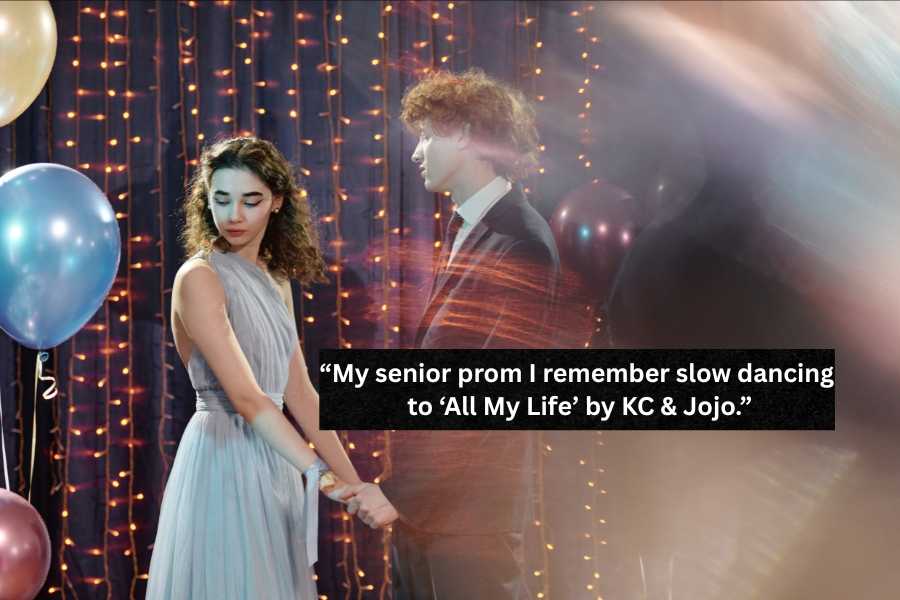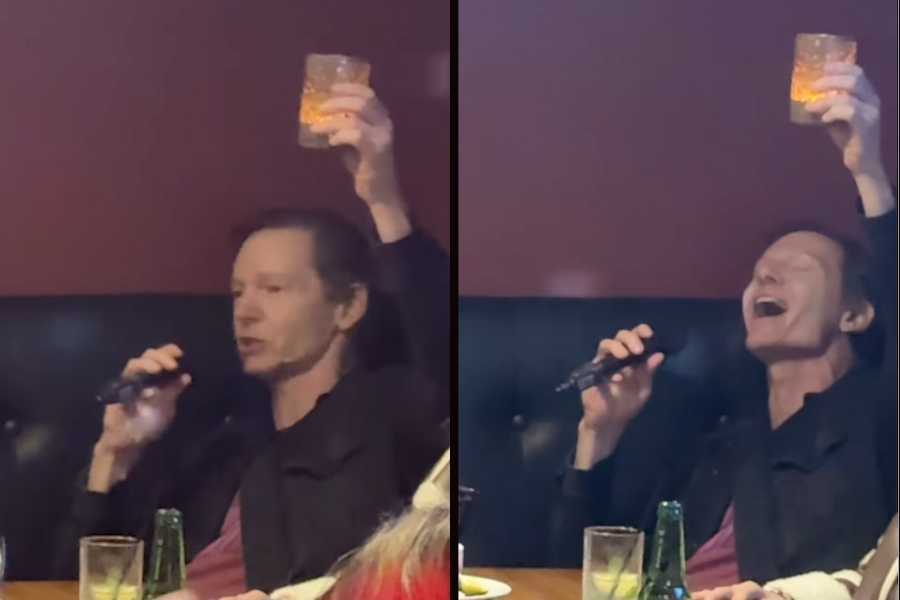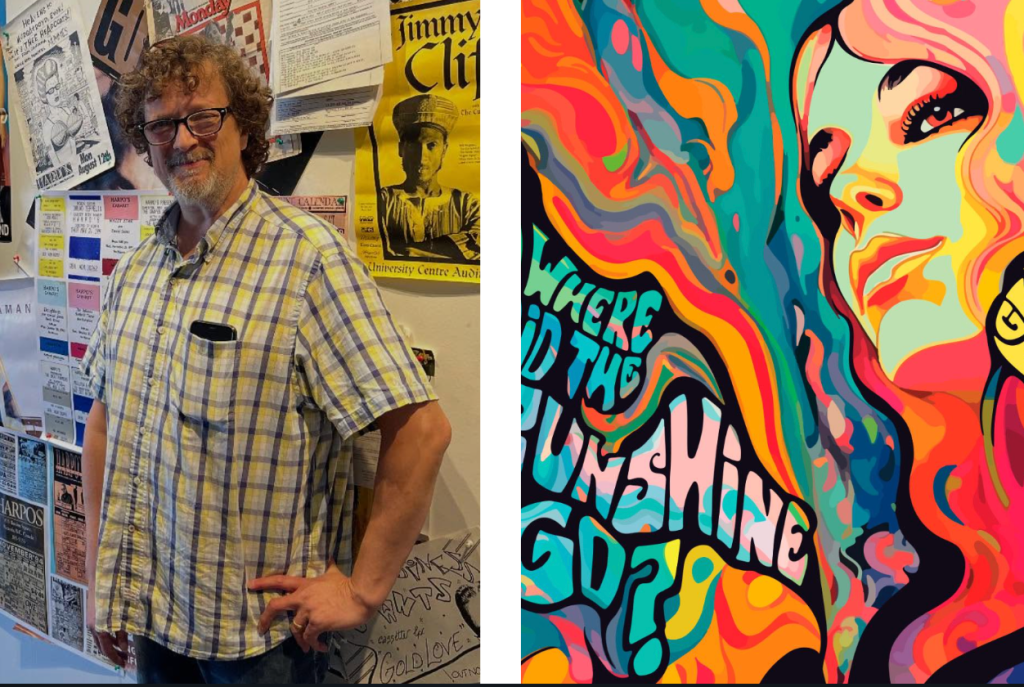Lizzo—an artist who has made inclusion a part of her platform—received criticism from fans for a word included in her newly released single “Grrrls,” which was seen by some as derogatory toward disabled people.
The song’s opening line includes the word “spazz,” which in broad slang terms can mean “random, wild outburst,” according to Urban Dictionary. As many disability advocates pointed out, however, “spastic” is also used to describe someone with an actual medical condition where they lose control of their muscles (cerebral palsy, in particular). The term has often been used as an insult, implying that someone is “awkward or clumsy.” Hence why many view it as an “ableist slur.”
Fans who were disappointed by its inclusion in her song posted about it online, which eventually caught the attention of Lizzo herself.
“Hey @lizzo, my disability Cerebral Palsy is literally classified as Spastic Diplegia (where spasticity refers to unending painful tightness in my legs) your new song makes me pretty angry + sad. ‘S–z’ doesn’t mean freaked out or crazy. It’s an ableist slur. It’s 2022. Do better,” one person explained.
Another added: “Oh @lizzo. A VERY influential figure, using the word sp@z in her new song. An offensive and derogatory term. As someone who’s written about the use of disability language, especially slang/slur words which have been used in schools, this is a huge step back. Please, remove it.”
So … what do you do when you say something hurtful, despite that being the furthest thing from what you intended? How do you make it right without compromising your own integrity? You do exactly what Lizzo did.
Without missing a beat, Lizzo made a statement on Instagram that acknowledged the pain caused by using the word, focusing on impact rather than intent. It’s a crucial shift that makes an apology authentic.
“It’s been brought to my attention that there is a harmful word in my new song ‘GRRRLS’. Let me make one thing clear: I never want to promote derogatory language. As a fat black woman in America, I’ve had many hurtful words used against me so I overstand the power words can have (whether intentionally or in my case, unintentionally),” the singer wrote.
That simple change made a world of difference. Lizzo soon received an outpouring of love, even from those who initially reached out in retaliation. Amazing things happen when people feel heard.
I’m going to cry ? Thank you so much for hearing us Lizzo and for understanding that this was only ever meant gently and being open to learning, it honestly means the world ❤️. You’re a real true ally https://t.co/RbQCbAwpR6— Hannah Diviney (@hannah_diviney) June 13, 2022
Some even noted their own discoveries, sharing how they too learned about the word’s other meaning and plan to change moving forward. 
Even the most conscientious person doesn’t know everything. No one is going to know how every word is translated across cultures and backgrounds. We are all human. But compassion doesn’t have to get lost in translation. There doesn’t have to be drama in allyship. Sometimes it might be as simple as a more mindful approach to our ever-evolving language.
Despite what another Lizzo song suggests, maybe truth doesn’t have to hurt.

